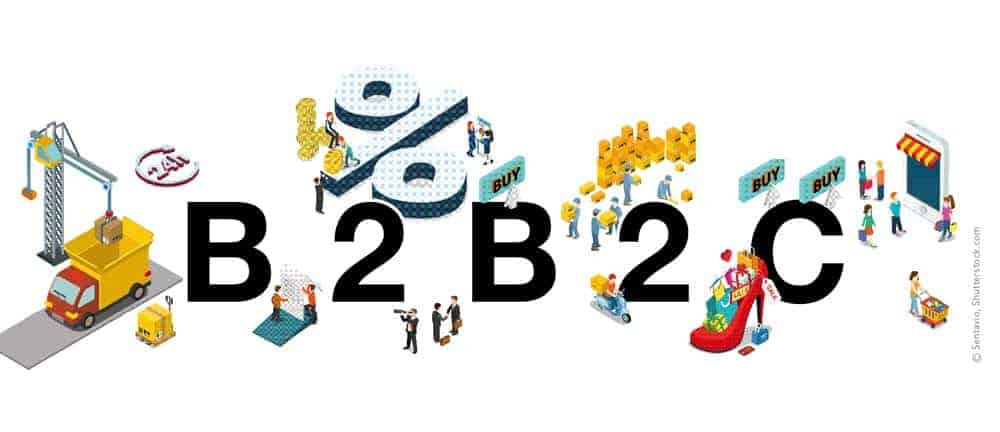Sustainability Strategies in Retail


Companies must recognize the importance of a sustainable and fair corporate strategy. Not only to comply with legal regulations, but to meet consumer demands and their convictions. According to various studies, sustainability can also have a direct impact on the bottom line. With strategies for the environment, social issues and corporate governance (keyword ESG for Environmental, Social, Governance), the retail sector also wants to implement approaches to create trust and transparency with sustainable reporting.
For example, the industry is committed to producing as little waste as possible and strives to train and educate its employees to learn skills that will enable them to succeed in a sustainable digital world. The question of fair production conditions and environmental compatibility of its suppliers, as well as minimizing greenhouse gas emissions from its products and processes along the value chain, naturally remain central. After all, the industry is more dependent on the favor of its customers than any other and has recognized that there is a need for action.
However, companies that are subject to sustainability regulations do not have to demonstrate any particular success. All that is required is that they take appropriate measures to prevent a breach of the requirements—and this must be able to be proven in case of doubt. For this reason alone, IT systems are needed that allow the precautions to be traced.
For all these reasons, sustainability strategies are at the top of the agenda of executives – and in this context, IT departments are also increasingly coming into focus. This is primarily also to bring the sustainability strategies, some of which have been developed with external consulting firms, and the expectations of customers and legislators into line with their corporate activities in terms of technology. However, this is not entirely trivial—successfully mapping, measuring, and controlling the activities surrounding sustainability strategies requires some effort. That’s why many retailers have to rely on third-party solutions to collect and analyze supply chain information, audits, or data on energy consumption.
A large number of software solutions that tackle exactly these problems are already on the market. In extreme cases, the industry resorts to Microsoft Excel—a tool that should be phased out in any end-to-end digital transformation.
To avoid disruptions, a proliferation of tools, and shadow IT, SAP offers integrated enterprise solutions. There is still a lot of movement in this environment, and the requirements of both the market and the legislature are also continuously evolving. Nevertheless, enterprise-wide functionalities can help to better cover trade-specific requirements and drive sustainability on a large scale. In this way, processes, experiences, and financial insights can be embedded in core business processes in the best possible way.






